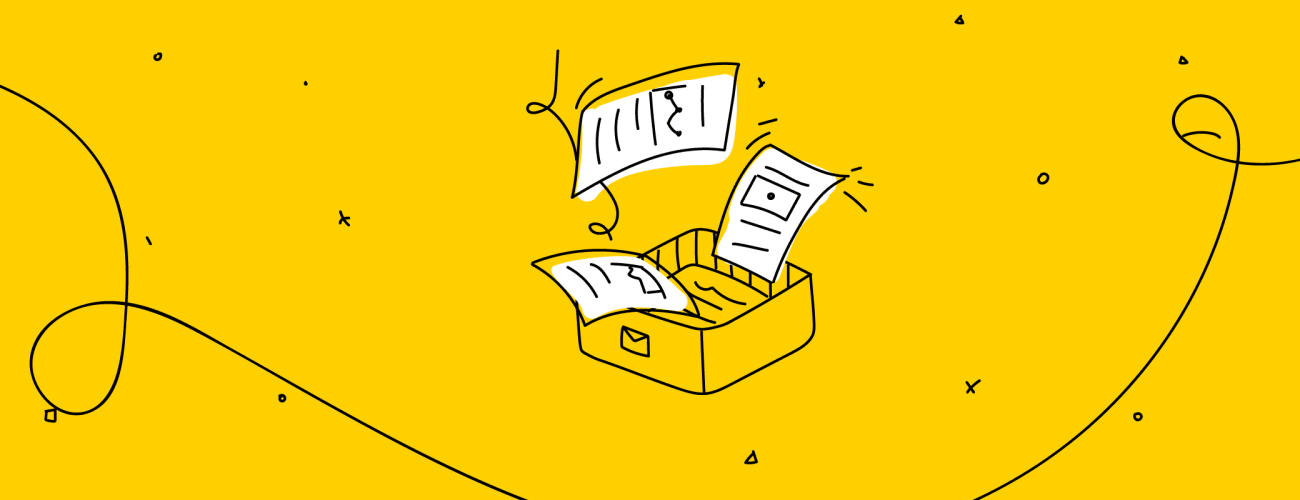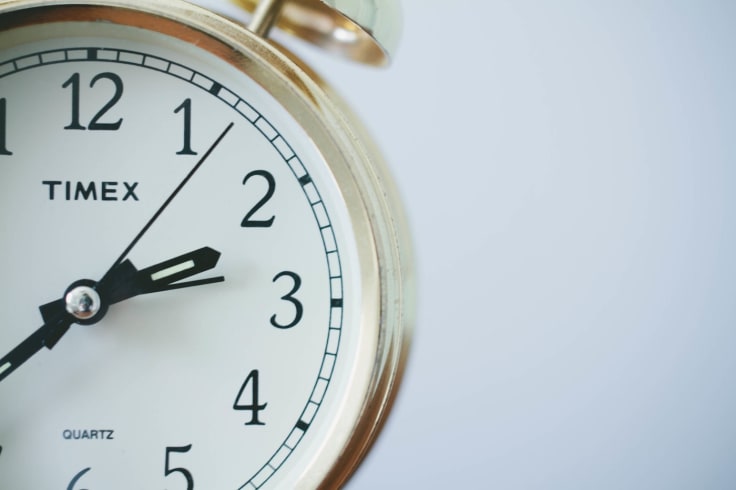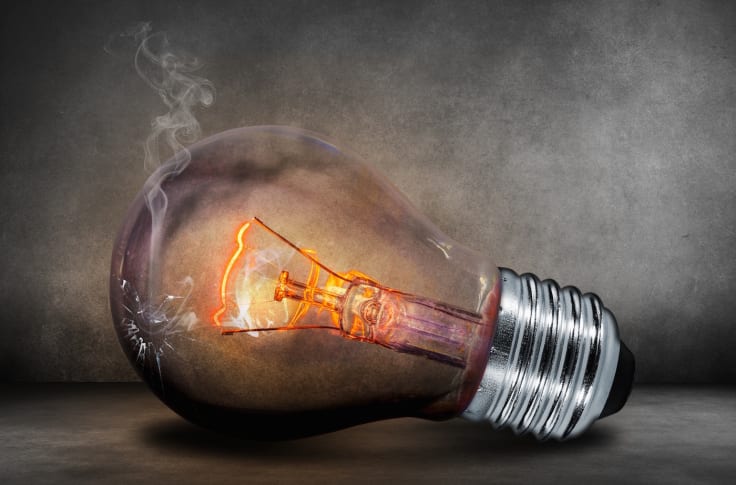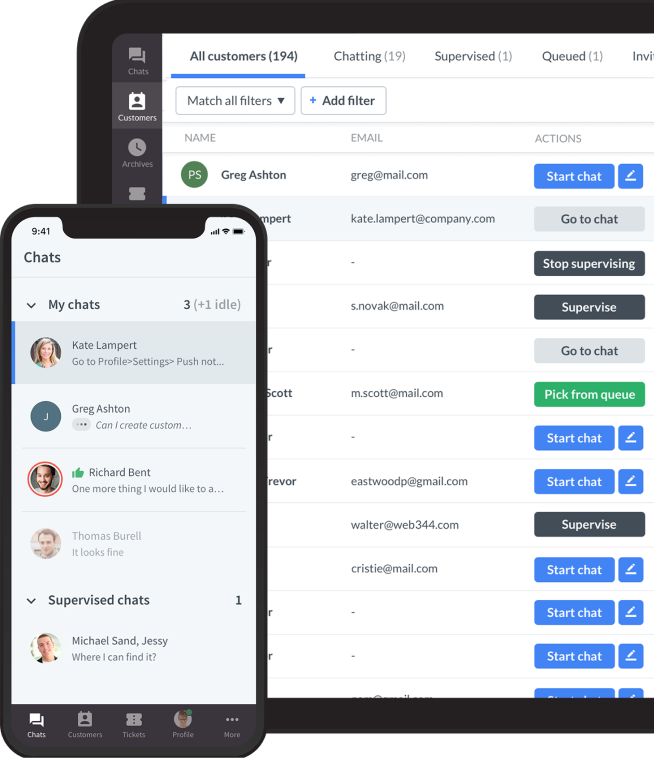Showing top 0 results 0 results found
Showing top 0 results 0 results found


Have you ever wondered how productive you are? How much of your time you’re slacking off and how much time you’re spending on working or studying?
I bet that you’re thinking with guilt about the last time you were supposed to study, but you ended up browsing through your Facebook wall. Or about how you were supposed to finish the report, but you’ve come across “People are awesome” on Youtube.
But you know what? Being productive doesn’t mean you cannot check your Facebook or watch interesting videos. On the contrary, slacking off in the Internet can boost your productivity! Same thing goes with chats at the water cooler or coffee breaks.
Want to learn more? In today’s post, I’m going to explain what we should do to be more productive. I will also present four productivity methods that can help you to develop good habits and help you to get your work done.
What does it mean to be productive
“Focus on being productive instead of busy.”
Tim Ferris
In the past, I used to feel bad about myself when I wasn’t able to work the whole day. I was looking at our Support Heroes who were chatting with 5 or 6 customers at a time for whole 8 hours (yes, it's the magic of a fine live chat tool) and I felt bad that I can't be as productive as they were. I tried to read and write as much as I could, only to get the feeling I didn’t waste my time.
After some time, I understood that what I was doing was the opposite of what people should do to be productive. After all, for how long are you able to learn or work? Is it possible to stay focused for 7 or 8 hours without a proper break?
I thought that being productive means constant working. The thing is though; you can’t get everything done and the harder you try, the more stressed you’ll get. There’s also another thing: breaks can help you to refill your “energy bar”.
A study from Baylor University found that employees who stopped working on the task at hand and refocused on a preferred activity such as lunch or a coffee break experienced greater recovery.
So, the secret of being productive is to look before you leap. Every time you’re planning your workday, you should also include work breaks and never feel guilty about “losing time” as you need it to give your brain a rest, relieve stress and get back to the full potential. It can help us to increase productivity.
How to Be More Productive at Work
There are four productivity methods that can help you increase your workplace productivity. There is the well known Pomodoro Technique, The George Washington method, David Allen’s “GTD” and the Kanban method. All of them help to be more productive and to learn good work habits.
1. The Pomodoro technique
This popular method, named after a tomato kitchen timer, was developed by Francesco Cirillo in the late 1980s. The technique uses a timer to break down work into 25-minute intervals separated by 5-minute breaks. These intervals are named pomodoros.
Here’s how you can use this technique:
- Decide which task you want to do,
- Set the timer to 25 minutes,
- WORK,
- Once the timer rings, take a 5 minutes break and set the timer again,
- After 4 rounds, take the longer break (15-30 minutes).
This method looks simple, but it isn’t that easy to stay with it. Problems start when you’re in the middle of your task, and you feel the urge to check your phone or have a coffee. The thing is, you cannot break the Pomodoro, you have to wait until the interval is finished!
Tip: If you want to use an online version of a Pomodoro Timer, you can find it here.

2. “Eating live frog”
This method was described in the book “Eat That Frog” written by Brian Tracy. The main idea behind this method is making sure the most important tasks are handled as soon as you get to the office. That’s what “eating a frog” is all about.
If the first thing you do each morning is to eat a live frog, you can go through the day with the satisfaction of knowing that that is probably the worst thing that is going to happen to you all day long!
This method is especially good for all procrastinators who are struggling with the bias against certain tasks and like to postpone them in time.
3. “Don’t break the chain”
This method is my personal favorite. And it’s not because it was developed by Jerry Seinfeld, but because it’s awesome to build new habits and to become a better version of yourself every day.
The rule is simple: pick a task you want to do daily and do it every single day without breaking a chain. To stay motivated, get yourself a calendar to keep track of your progress.
Jerry used this method to write a joke every single day. This method is ideal for all those who want to build daily habits, learn a new skill or excel at something. At the same time, you can choose how much time you want to spend on that task and at what time you’d like to do it.
4. “Get things done”
“Get things done” was created by David Allen, a productivity consultant. His method focuses on two key elements: control and perspective. It’s meant to focus attention on taking action on your tasks, instead of on recalling them.
No matter what the setting, there are five discrete stages that we go through as we deal with our work. We (1) collect things that command our attention; (2) process what they mean and what to do about them; and (3) organize the results, which we (4) review as options for what we choose to (5) do.
In other words, here’s what you should do:
- Collect all your tasks on a t-do list (you can check these apps for work),
- Decide if all these tasks are actionable, delegate problems if you can (everyone’s favourite part) and put it into a hierarchical order,
- Organize your list (add priorities, note down deadlines, non-actionable tasks put to “trash” or to the “incubator” to give them another thought later),
- Review your whole list to decide what to do next,
- Work.
This method may seem complicated, but it’s a great way to organize your time at work if you’re feeling overwhelmed with the number of things you are responsible for.
Tip: If you’d like to know more about this method, here’s the free copy of “Get Things Done.”

Brain productivity tips
If you want to be productive, you need to remember that there are two things you need to focus on: keeping your work organized and having your mind rested.
Different people rest differently, but certain tips help us to prepare our brain for a productive day at work.
Make sure you have enough sleep
That’s number one on my list as if I won’t get enough of it; I won’t be able to write a proper sentence. I know it’s difficult sometimes to have at least 7 hours of sleep, but as soon as you realize how important it is for your work, it might be easier to go to sleep earlier.
Detach from work
It’s starting to be more and more difficult as we used to be in touch with work even on weekends. Try to give yourself some spare time and don’t think about your project as if you work on it all the time, the result will be worse. Relaxed brains have better ideas!
Keep a healthy diet
If you don’t believe me that your diet is important for productivity, eat a nice arugula salad with goat cheese and walnuts one evening, and the other - a quarter-pounder with cheese and fries. I bet you’ll feel the difference!
Say “no” to meetings
Meetings are a huge waste of time. They always involve a lot of people who are not even involved the discussed project. That’s why, if you have a chance to skip such meetings, don’t hesitate and just do it.
Minimize interruptions
Sometimes, interruptions are OK. For example when you’ve just finished one task, and you’d like to relax over a cup of coffee or by talking to your colleague. But if you’re in the middle of something, try to make sure there are no people, alerts or sounds disturbing you at work. Turn your phone off, block all interesting time-consuming websites, mute all communicators, shut the door and turn on your Pomodoro!
Quit multitasking
At first sight, multitasking might look like a great thing to do as it gives you the impression being able to do more work in less time. But it’s just an impression. Psychologists claim that the cost for switching from one task to another is so big, that instead of being productive, you’re losing your time and energy. So if you’re working on something, finish it before you start doing something else. It’s good to do all quick tasks at the beginning of your day!
These were my most important brain hacks helping to be more productive at work. I will definitely start to use the “don’t break the chain” method hoping to see great results shortly!
And what are your favorite productivity tips? Don’t keep them for yourself, share yours in the comments!
Get a glimpse into the future of business communication with digital natives.
Get the FREE report







Comments